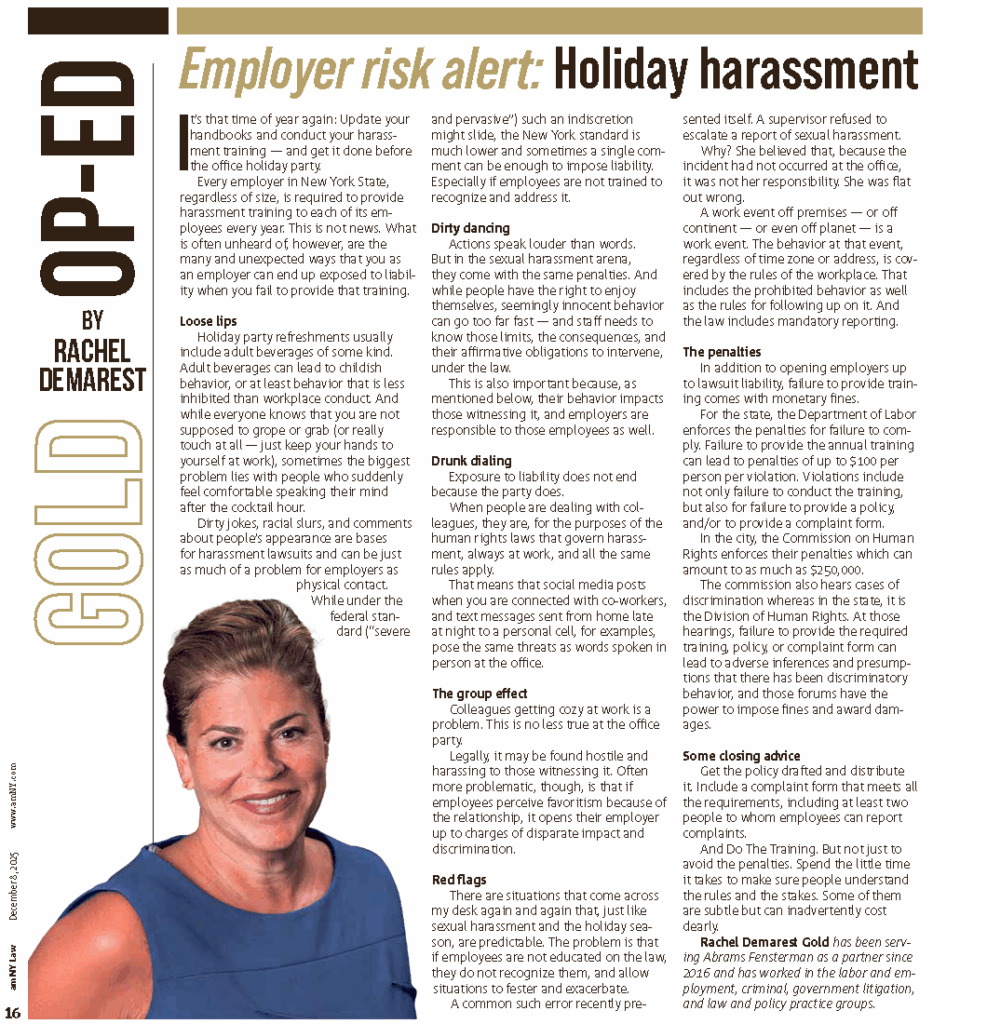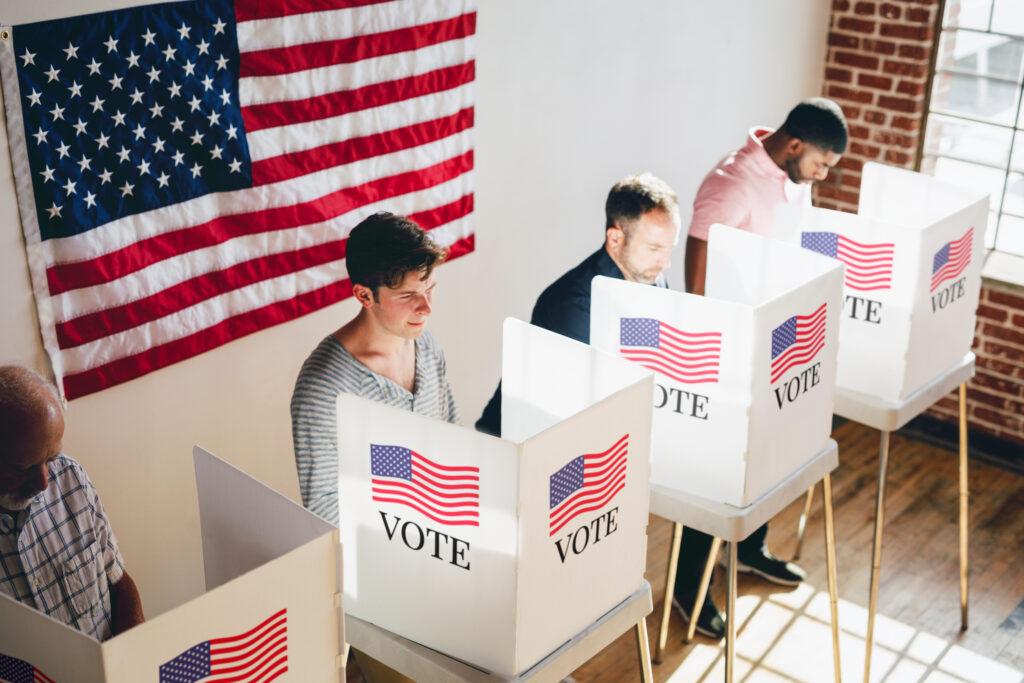By Patrick Formato
On May 7, 2020 Governor Andrew Cuomo issued Executive Order 202.28. Such Executive Order extended the suspensions and modifications of law and directive until June 6th, except as otherwise modified by the subject Executive Order. The Executive Order included, in part, the following modifications.
The suspension or modification of the following statutes and regulations are not continued, and such statutes, codes and regulations are in full force and effect as of May 8, 2020:
Mental Hygiene Law Section 41.34 is no longer suspended, and the regulation is in full force and effect as of May 8, 2020. The regulation states that the office of mental health and the office for people with developmental disabilities shall not issue an operating certificate for the operation of a supportive living facility or a supervised living facility of more than fourteen (14) residents if the agency does not notify the chief executive officer of the municipality of the intention to establish such facility and include in such notice the specific address of the site, the type of residence, the number of residents and the community support requirements of the program.
Mental Hygiene Law Section 29.11 is no longer suspended, and the regulation is in full force and effect as of May 8, 2020. Subject to the regulation, the New York State Health Commissioner may order or approve the transfer of a patient from one facility to another appropriate facility and a voluntary or informal patient may only be transferred with his consent. In addition, no transfer shall be made to any facility other than a department facility without the consent of the facility to which the patient is transferred.
Mental Hygiene Law Section 29.15 is no longer suspended, and the regulation is in full force and effect as of May 8, 2020. Subject to the regulation, a patient may be discharged or conditionally released to the community by the director of a department facility, if, in the opinion of staff familiar with the patient’s case history, such patient does not require active in-patient care and treatment. A patient may be conditionally released, rather than discharged, when in the opinion of staff familiar with the patient’s case history, the clinical needs of such patient warrant this more restrictive placement.
Public Health Law Section 3002 is no longer suspended, and the regulation is in full force and effect as on May 8, 2020. Subject to the regulation, the New York State Department of Health Emergency Medical Services Council shall regain the authority that the Commissioner bestowed upon it before the COVID-19 pandemic. The state council shall consist of thirty-two members. Fourteen members to the state council shall be appointed by the commissioner and shall be representative of each geographic area of the state. At least one member shall be representative of the interests of the general public. In addition, there shall be an advisory committee on the state council.
Public Health Law Section 3004-a is no longer suspended, and the regulation is in effect as of May 8, 2020. Subject to the regulation, the regional emergency medical advisory committee shall develop policies, procedures, and triage, treatment, and transportation protocols which are consistent with the standards of the state emergency medical advisory committee and which address specific local conditions. However, due to the on-going concerns brought by the COVID-19 pandemic, the Commissioner will have final authority to make a decision without approval by a regional or state EMS board.
The healthcare attorneys at Abrams Fensterman, LLP are committed to providing you with the most current and accurate information and guidance during this COVID-19 pandemic. Should you have questions, feel free to contact Patrick Formato, Esq., Barbara Stegun Phair, Esq., Frank A. Mazzagatti, Esq., or any other attorney in our health law practice group.





